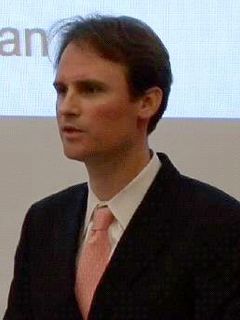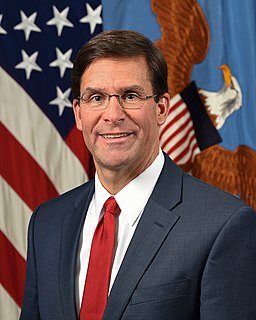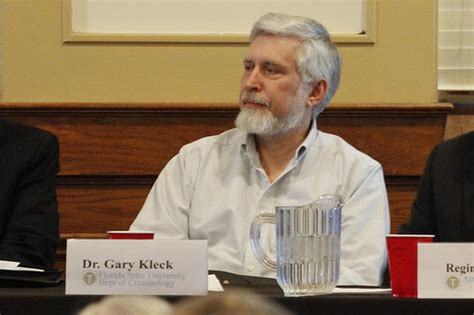A Quote by John Palfrey
Our studies have shown that China's online censorship systems are by far the most sophisticated and extensive in the world.
Related Quotes
Self-censorship happens not only in China, or Iran or ex-Soviet places. It can happen anywhere. If an artist penetrates a certain taboo or a certain power through their work, he or she will face this problem. I'm always saying that commercial censorship is our foremost censorship globally today. Why do we still pretend we are free?
I admire some of the people on the screen today, but most of them look like everybody else. In our day we had individuality. Pictures were more sophisticated. All this nudity is too excessive and it is getting very boring. It will be a shame if it upsets people so much that it brings on the need for censorship. I hate censorship. In the cinema there's no mystery. No privacy. And no sex, either. Most of the sex I've seen on the screen looks like an expression of hostility towards sex.
The E-government cabinet, E-health services, online voting, online pre-filled tax returns, e-mobile parking, are all examples of Estonian innovation, but far more importantly, they are examples of the transformative power of intensive and extensive use of Information Technology in the public sector.

































